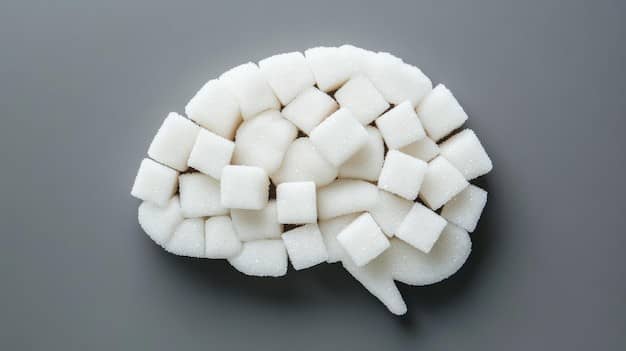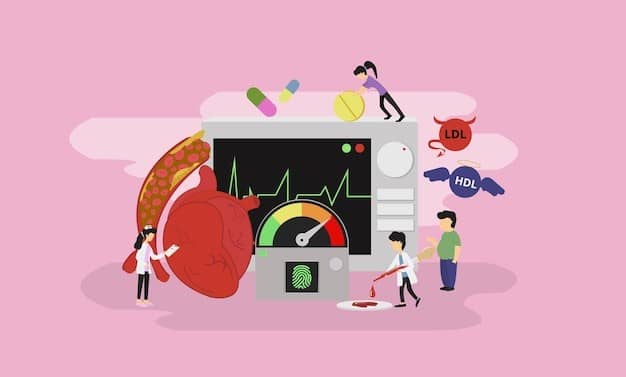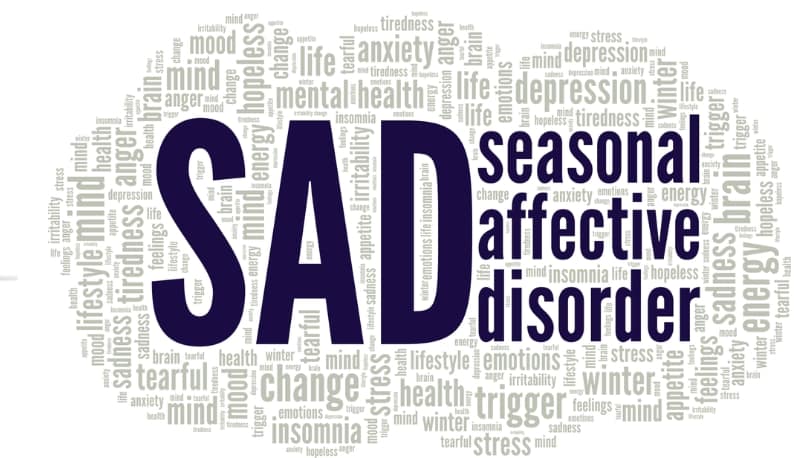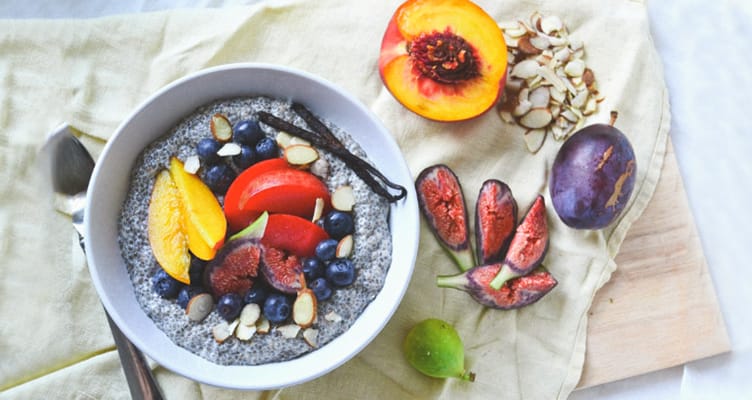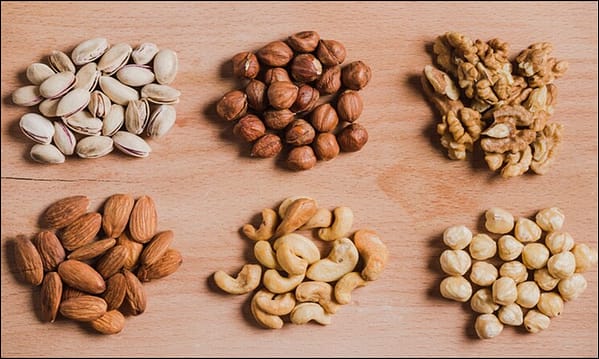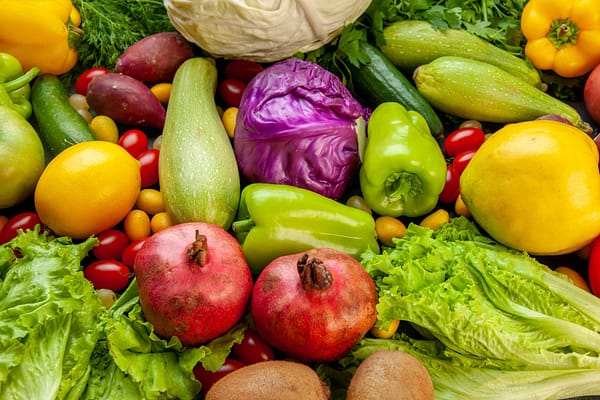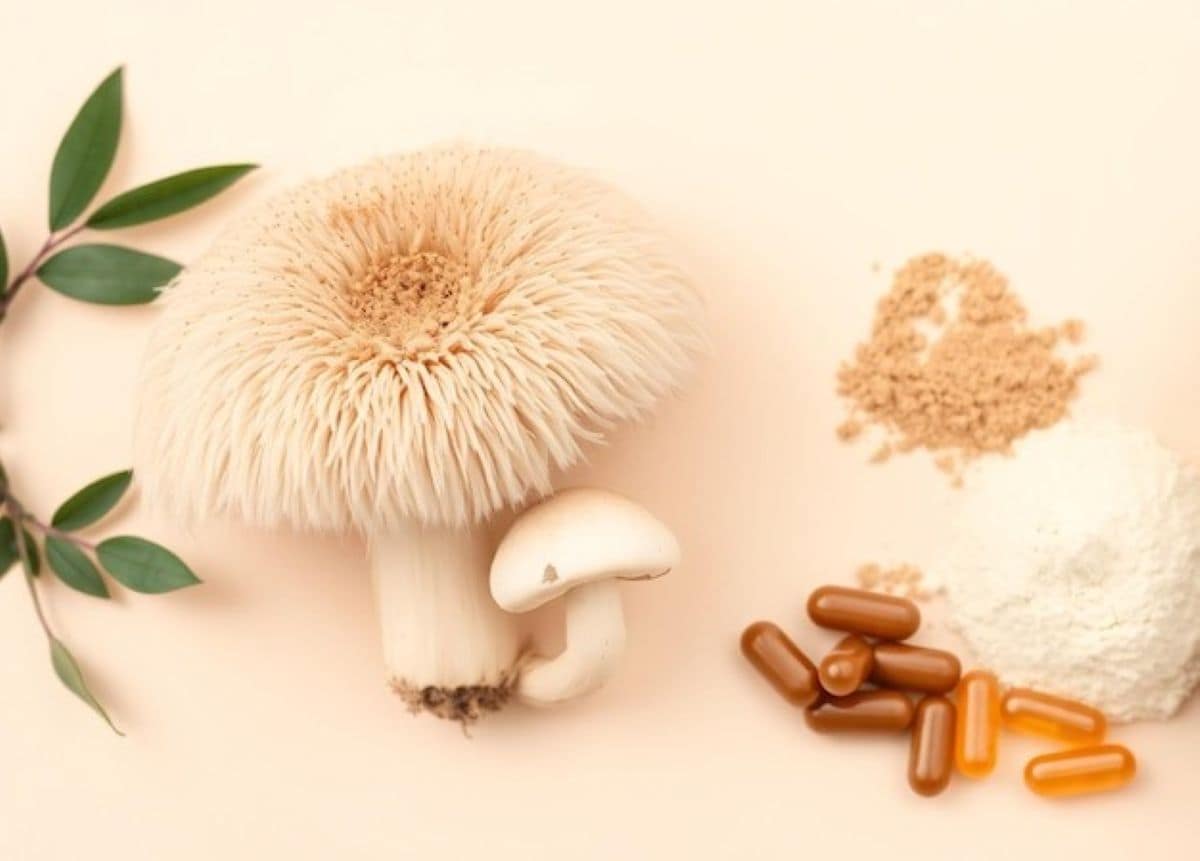How Seasonal Diet Changes Impact Depression Symptoms
Overview if the Impacts of Seasonal Food Patterns on Depression
Depression is a global mental health issue that affects millions of individuals each year. While therapy, medication, and lifestyle modifications are standard treatments, the importance of nutrition is sometimes underestimated when discussing depression. What we consume impacts brain function and mood control. Surprisingly, our eating patterns and nutritional availability might vary dramatically with the seasons, altering mental health.
In this blog, we will look at how seasonal dietary changes affect depression symptoms and how you can maintain a mood-supportive diet year-round.
Seasonal Affective Disorder (SAD) and Diet

Seasonal Affective Disorder (SAD) is one of the best-studied relationships between seasonal variations and mental health. SAD is a kind of depression caused by seasonal changes, which commonly occur in late fall and winter.
Common symptoms include:
- Consistently low energy
- Mood swings
- Increased appetites for carbs and sweet meals.
- Sleep disturbances
These symptoms frequently correspond with dietary changes caused by seasonal availability of specific foods and decreased solar exposure. Such changes can aggravate depressed symptoms by altering mood-regulating substances such as Vitamin D and serotonin.
Changes in Nutrition, Food & Diet Across Seasons
Our eating habits and the availability of fresh, nutrient-dense foods vary with the seasons. Understanding these alterations will help you manage your depression symptoms more successfully.
Winter

Winter’s cold, dark days frequently trigger comfort-food cravings, which are typically heavy in sugar, processed carbohydrates, and harmful fats. These options can provide a momentary mood boost, but they may exacerbate depressed symptoms in the long term. Reduced solar exposure also lowers Vitamin D levels, which are important for mood control.
Mood-supportive foods for winter:
- Fatty fish (salmon, mackerel) are high in omega-3 fatty acids and vitamin D.
- Cereals and dairy products that have been fortified can help prevent vitamin D deficiencies.
- Leafy greens (spinach, kale) include folate and magnesium, which promote brain function.
- Root vegetables (carrots and sweet potatoes) provide a natural source of slow-release carbs.
Spring & Summer

Spring and summer provide a plethora of fresh fruits and vegetables, resulting in lighter, more nutrient-dense meals. This seasonal adjustment is in line with the body’s needs, since longer days and more sunlight naturally boost energy and mood.
Mood-supportive foods for spring and summer:
- Fresh berries are high in antioxidants that reduce inflammation in the brain.
- Citrus fruits are high in vitamin C, which benefits the immune system and mood.
- Hydrating foods (cucumbers, watermelon) help to keep you hydrated, which is vital for cognitive performance.
- Leafy greens and colorful veggies include a variety of vitamins and minerals.
Autumn

Autumn is a transitional phase when diets tend to become more hearty. While it is tempting to indulge in calorie-dense comfort foods, it is critical to incorporate best depression treatment in mumbai in the form of nutrient-dense selections to prepare for the next colder months.
Mood-supportive foods for autumn:
- Squash and pumpkins are high in beta-carotene and vitamin C.
- Nuts and seeds provide healthful fats and magnesium.
- Apples and pears are natural providers of fiber and antioxidants.
Key Nutrients and Their Role in Depression
As stated by the best depression center in mumbai, certain nutrients are necessary for mood control and can help decrease depression symptoms:
1. Omega 3 Fatty Acids:

These fats, found in fatty fish, walnuts, and flaxseeds, promote brain function and reduce inflammation, which is frequently associated with depression.
2. B Vitamins (B6, B12, Folate):

These vitamins are essential for energy generation and neurotransmitter synthesis. Eggs, dairy products, leafy greens, and fortified cereals are all good sources.
3. Magnesium:

Magnesium modulates stress hormones and promotes relaxation. Contains nuts, seeds, whole grains, and dark chocolate.
4. Tryptophan:
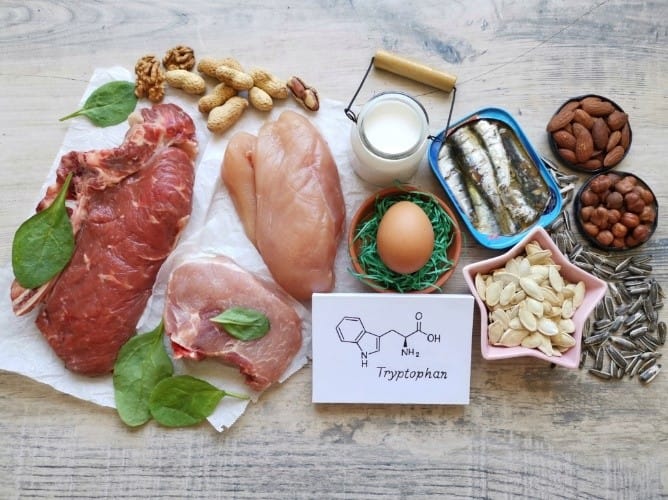
Turkey, eggs, dairy products, and soy all contain tryptophan, which is a precursor of serotonin.
5. Vitamin D:

Known as the “sunshine vitamin,” it is essential for mood modulation. Winter months frequently necessitate supplementation to maintain healthy levels.
Emotional Eating and Seasonal Triggers

Seasonal changes affect not only food availability, but also emotional eating patterns. For example, colder months frequently result in desires for high-calorie comfort foods, whereas warmer months encourage lighter meals. Emotional eating can worsen depressed symptoms, especially if it contains processed carbohydrates and harmful fats.
Furthermore, the gut-brain link influences emotional well-being. The gut microbiome, a colony of billions of microorganisms in the digestive system, is sensitive to dietary changes. A diet high in seasonal fruits, vegetables, and whole grains promotes a healthy microbiome, which boosts mood and decreases anxiety.
Practical Tips for a Mood-Boosting Seasonal Diet

Here are some simple measures suggests by the best depression center in Mumbai to change your diet for greater mental health throughout the year:
- Plan your meals: Incorporate seasonal food to ensure a wide range of nutrients. Winter lunches can contain roasted root vegetables, and summer salads can include fresh greens and fruits.
- Stay hydrated: Dehydration can cause weariness and irritation, so drink plenty of water and consume hydrating foods like cucumbers and melons.
- Minimize Processed Foods: Limit your consumption of processed carbohydrates and trans fats, which can cause inflammation and aggravate mood swings.
- Monitor vitamin levels: Check for deficiencies on a regular basis, especially in Vitamin D and B12, and consult with a healthcare provider if necessary.
- Complement Your Diet with Lifestyle Changes: Engage in frequent physical activity and light therapy, particularly during the winter, to improve mood control.
Cultural and Regional Considerations For Season-Specific Diets
Traditional diets around the world frequently coincide with seasonal variations, offering a natural way to meet nutritional requirements. For example:
- Diets high in olive oil, salmon, and seasonal vegetables promote good mental health all year.
- Scandinavian countries prioritize fish and root vegetables to overcome long, dark winters.
- In the colder months, Asian meals frequently include warming spices and soups, which promote both physical and mental well-being.
Diet is an effective tool for controlling depressive symptoms, and seasonal fluctuations offer both problems and possibilities for mental health. Understanding how seasonal variations affect food availability and eating patterns allows you to make mindful nutritional choices that will boost your mood all year. While diet is not a substitute for professional therapy, adopting seasonal eating habits is an important step toward better mental health. If you’re battling with depression, talk to a nutritionist or a healthcare expert for specific advice.
Visit Jaslok Hospital, best depression clinic in Mumbai, for expert mental health and nutrition advice. Our doctors will give comprehensive care targeted to your specific needs. Let us work together to make our lives healthier and happier.






